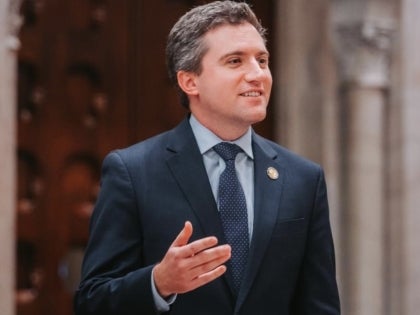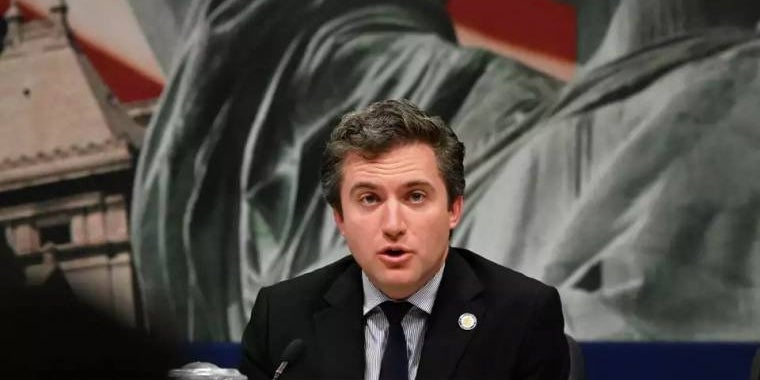
Following DocGo reports, lawmakers look for oversight on emergency contracts

State lawmakers expressed concern over potentially improper benefits to family members from DocGo’s $432 million, no-bid contract with New York City to oversee the relocation of migrants upstate. State oversight officials, meanwhile, avoided weighing in on the matter.
The legislators also voiced doubts about their ability to ensure taxpayer dollars are used for legitimate and legal reasons following reporting by the Times Union earlier this week regarding what appears to be a tangled web of family connections involving subcontractors brought on by DocGo. The company denies any wrongdoing.
Cooney, who chairs the chamber’s Procurement and Contracts Standing Committee, pointed to legislation that’s expected to go before his committee’s last scheduled meeting of the legislative session on Wednesday as a starting point.
The bill would require the public disclosure of state contracts entered into under emergency terms and exempted from state comptroller oversight. The same legislation was vetoed last year by Gov. Kathy Hochul, who said it would limit the state’s ability to quickly respond to crises. The bill would not impact the DocGo contract, which was struck with New York City.
When reached for comment for the Times Union’s reporting on the potential family ties with vendors used by DocGo, the Adams administration said it was the company’s job to avoid entering any transactions that violated the contract — a remark that seemed to shift responsibility from the city to the contractor to police itself.
“I don’t find it acceptable for New York City or anybody to just say, 'Oh, go talk to these guys — it’s their responsibility,'” said state Sen. James Skoufis, chair of the chamber’s Investigations and Government Operations Committee.
“There is some, if not a lot, of responsibility on behalf of the municipality to make sure their taxpayers are protected,” he continued. “That’s not all going to fall on the contractors, and… self-policing on these kinds of things has proven to be highly ineffective.”
Referencing Adams' decision to override Lander’s rejection of the DocGo contract, Skoufis said it might be wise to consider giving a legislative body a role to play in such a dispute.